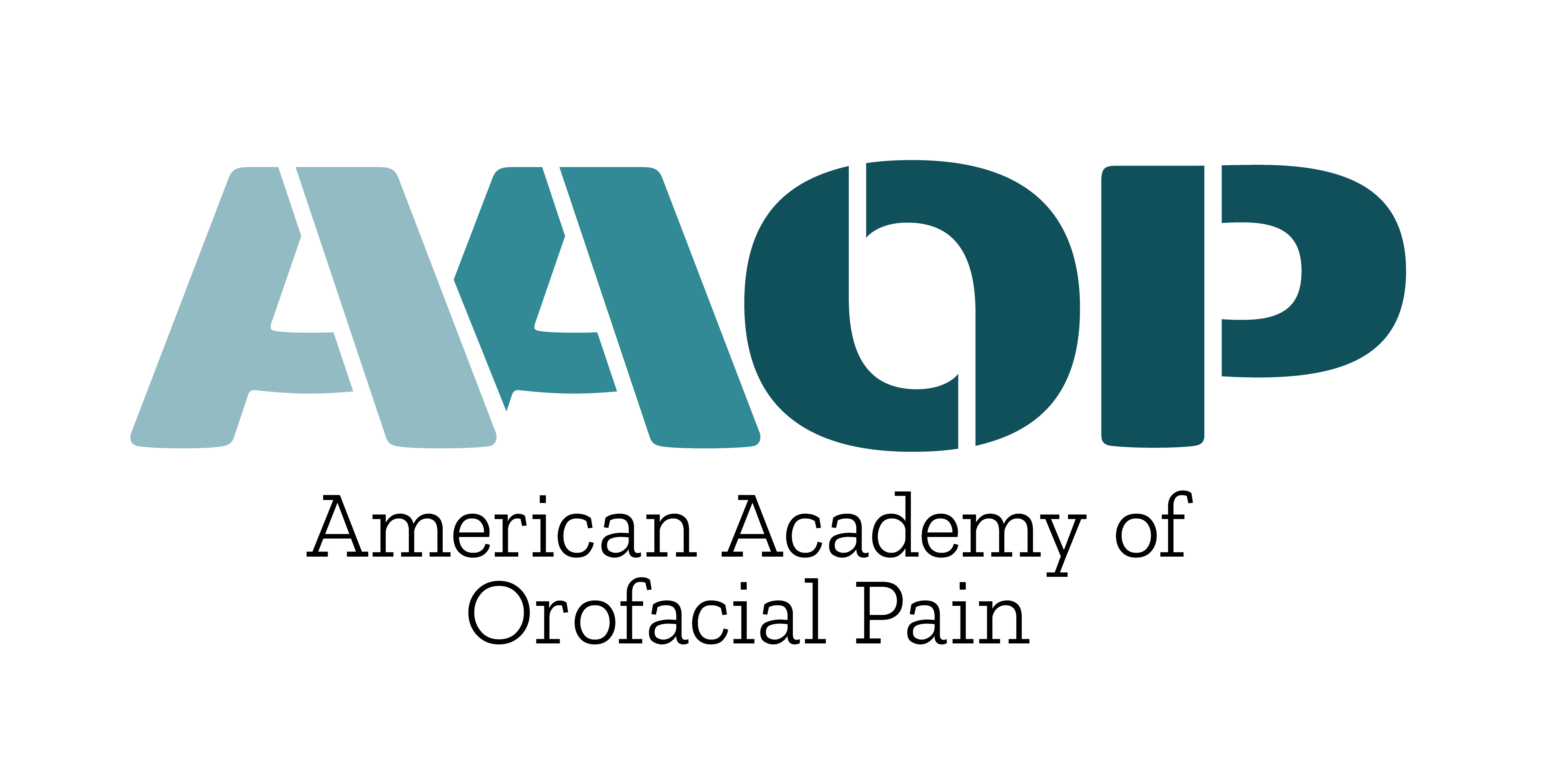Dr. Rebecca Erwin Wells is an Associate Professor in the Department of Neurology at Wake Forest Baptist, where she founded and directs the Comprehensive Headache Program and is the Section Head of Headache. She also serves as Associate Director of Clinical Research at the Wake Forest Center for Integrative Medicine. She graduated from the University of North Carolina-Chapel Hill with highest honors, Brody School of Medicine-East Carolina University, and Harvard School of Public Health where she obtained her Master’s in Public Health. She completed Internship and Neurology residency at University of Virginia, a three-year Harvard Medical School research fellowship in Complementary and Integrative Medicine, and a second fellowship in Headache Medicine at Harvard’s Brigham & Women’s Faulkner Hospital. Dr. Wells has Headache medicine certification from the United Council for Neurological Subspecialties (UCNS), is a Fellow and actively involved in the American Headache Society, and has been a “Best Doctor of America” since 2015. She is a Board Member and Treasurer of the Southern Headache Society. Her research investigates the mechanisms and efficacy of mind/body treatments for headache and she has an NIH Career Development award to conduct her research, which receives frequent media attention, including interviews with Time magazine, NPR, BBC News, Boston Globe, and Prevention magazine. She has published many articles and presented frequently to national audiences as an expert in headache, mind/body, and integrative medicine.
Many headache patients are interested in complementary and integrative medicine treatment options, with prevalence of use ranging from 29-74%. The evidence, potential benefits, and risks for the use of mind-body therapies, acupuncture, massage, supplements, and chiropractic manipulation will be discussed. This presentation will empower providers to feel confident asking and counseling patients about their use of these treatment options. An integrative approach may increase patient self-efficacy and overall care, as adherence to all treatments may improve when patients feel they are actively involved in determining their plan of care.
Learning objectives:
• Define Complementary and Integrative Medicine
• Examine the evidence base for complementary and integrative medicine for headache, including a discussion on mind-body therapies, acupuncture, massage, supplements, and chiropractic manipulation
• Discuss how to apply this knowledge into the clinical practice of headache medicine



Leave A Comment